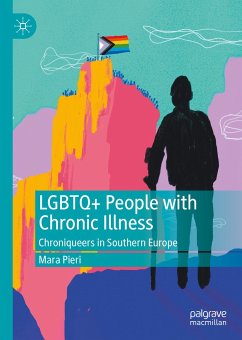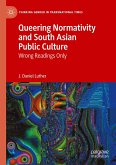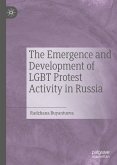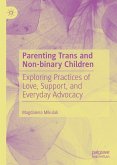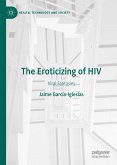This book will be useful for scholars and students in Disability Studies, Queer Studies, and Gender Studies.
Dieser Download kann aus rechtlichen Gründen nur mit Rechnungsadresse in A, B, BG, CY, CZ, D, DK, EW, E, FIN, F, GR, HR, H, IRL, I, LT, L, LR, M, NL, PL, P, R, S, SLO, SK ausgeliefert werden.
"Pieri's book is exemplary in demonstrating how social scientific data collection can be guided by critical theory and principles. Her engagement with both crip studies and queer theory aids in building disciplinary connections, and as such, facilitates valuable scholarly dialogue to further add to crip-queer theorizations. Her book serves as an exciting contribution to both crip and queer theory, and encourages scholars toconsider the potential for a politicized chroniqueer identity in the future." (Emily Mendelson, The Polyphony, thepolyphony.org, April 28, 2023)
"Mari Pieri successfully delivers an informative and humanising tone throughout the entire work. ... In all, Mari Pieri successfully compiles shared experience across different countries and gives a much needed platform for LGBTQ+ people with chronic illness to be heard. She both manages to give cultural context and present similarities in voices across different backgrounds to challenge stereotypes and misconceptions that remain pervasive across Western society today." (Sophie Litherland, Inclusive Research Collective, inclusiverc.com, January 31, 2023)

